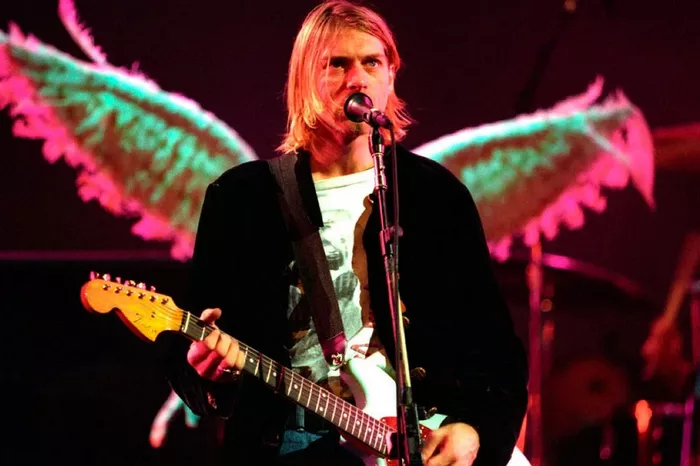When it comes to the music world, few names are as iconic as Kurt Cobain, the enigmatic frontman of Nirvana. Cobain’s influence on the grunge movement and the broader alternative rock scene is undeniable, but what about his stance on heavy metal music? Did Kurt Cobain like metal music? In a rare moment of candor, Cobain shared his thoughts on the genre, shedding light on his complex relationship with heavy metal.
A Teenage Love Affair
During his interview, Kurt Cobain reminisced about his teenage years, a time when heavy metal held a special place in his heart. He confessed, “I was a big heavy metal fan for years in junior high school.” This statement alone reveals that Cobain had a genuine affinity for the genre during his formative years.
It’s important to acknowledge that the late ’70s and early ’80s, when Cobain was in junior high, marked a period of significant growth for heavy metal. Bands like Black Sabbath, Judas Priest, and Iron Maiden were at their peak, creating a sonic landscape that would influence generations to come. It’s no wonder that a young Cobain found himself drawn to the heavy riffs and powerful vocals that defined this era of music.
A Question of Values
Cobain’s appreciation for heavy metal, however, was not without its reservations. He stated, “I have nothing against heavy metal fans at all; except for, for the most part, most heavy metal has always been pretty sexist.” This statement hints at the underlying tension Cobain felt when it came to his love for heavy metal.
The issue of sexism in heavy metal is a complex and longstanding one. Many critics and scholars have pointed out the genre’s history of objectifying women and promoting toxic masculinity. Cobain’s comment reflects his awareness of these problematic aspects within the heavy metal culture. His sensitivity to issues of gender and social justice was a recurring theme throughout his career, making it difficult for him to fully embrace a genre that often perpetuated values he found objectionable.
A Clash of Ideals
Cobain’s conflicted feelings toward heavy metal can be seen as a microcosm of his broader ideological struggles. As the voice of a generation that championed authenticity and social awareness, he grappled with the tension between his personal tastes and his commitment to progressive values.
In the early ’90s, Nirvana’s rise to fame coincided with the alternative rock movement’s surge in popularity. This movement was characterized by a rejection of the glam and excess of ’80s hair metal, which had dominated the mainstream for years. Cobain and his contemporaries sought to create music that was more raw, emotional, and socially conscious. This shift in the musical landscape was a direct response to the perceived superficiality of many heavy metal bands and their glam rock counterparts.
The Legacy of Cobain’s Influence
Kurt Cobain’s complex relationship with heavy metal music ultimately speaks to the multifaceted nature of his persona. He was a musician who dared to question the status quo, both within and outside the music industry. While he may have enjoyed heavy metal during his youth, his evolving beliefs led him down a different path, one that would have a profound impact on the world of rock and alternative music.
Nirvana’s music, with its raw emotion and introspective lyrics, became a symbol of authenticity and a rallying cry for a generation seeking something more meaningful in their music. Cobain’s willingness to confront the problematic aspects of the heavy metal genre serves as a testament to his commitment to social change and his dedication to making music that reflected his values.
In the end, whether or not Kurt Cobain liked metal music is a question that can’t be definitively answered. What we do know, however, is that his musical journey was a reflection of his evolving beliefs and his desire to use his platform for positive change. Cobain’s legacy lives on not only through his music but also through his willingness to challenge the status quo and inspire others to do the same.

